Electrolytes on a ketogenic diet are key to reducing keto flu symptoms, and can also help alleviate cramps and sugar cravings often found when going keto.
What Are Electrolytes?
Electrolytes are electrically charged minerals that allow the travelling of nerves, contracting of muscles, and proper hydration of the body. When embarking on the ketogenic diet, the body no longer stores as much glycogen (energy from carbohydrates), which reduces the amount of water the body can hold.
The downside of reducing your glycogen levels is that you might lose many important minerals when water weight is reduced [1]. This means that you have to pay close attention to your electrolytes on a ketogenic diet.
The electrolytes include 4 important nutrients; Sodium, Magnesium, Potassium, and Calcium. I will cover what each of these nutrients is below, as well as what foods you should be eating to maintain a healthy balance of each.
Electrolytes on a Ketogenic Diet
Sodium
Sodium (Sodium Chloride) is the most important nutrient for the ketogenic diet, as when your body’s carbohydrate stores are low, you can have a difficult time maintaining a healthy water balance. Salt maintains your body’s water balance, aids in shuttling nutrients in and out of your cells, and prevents dehydration. At the same time, it helps nerves function and muscles contract throughout the body.
You can get plenty of sodium by eating sauerkraut, olives, shrimps, miso, ham, celery, watercress and simply by salting your food. Deficiency signs might come in the form of dizziness, heat exhaustion, low blood pressure, rapid pulse, mental apathy, loss of appetite and headaches.
Consuming too much potassium can reduce your sodium levels, however, having sufficient vitamin D in your body will help counteract this. Vitamin D is a promoter of sodium.
Hyponatremia (Dilution of sodium) can happen when you have consumed too much water, which in turn depletes or dilutes your sodium levels and can be very dangerous.
Magnesium
Magnesium is the second most important part of the electrolyte chain in my opinion and is one of the most important nutrients to monitor in our modern lifestyle. It is important for strong bones and teeth, healthy and relaxed muscles (can help with PMS pains) and promotes healthy bowel movements. It is essential for energy productions and helps maximize the potential of your mitochondria (the powerhouse inside every one of your cells).
You can get magnesium from whole foods by consuming plenty of pumpkin seeds, sesame seeds, sunflower seeds, almonds, brewer’s yeast, brazil nuts, pecan nuts, garlic, spinach or any other green leafy vegetables.
If you do supplement with magnesium, amino acid chelate and citrate are more bioavailable and easier for the body to absorb than magnesium carbonate or sulphate. Having sufficient zinc, vitamin D, vitamin B1 and B6 are all important to help retain magnesium levels.
Not many people know this, but high doses of calcium, which is mostly in dairy, can hurt your magnesium levels.
How do you know if you are deficient in magnesium? Muscle cramps, spasms or twitches can be tell-tale signs of magnesium deficiency, as well as high blood pressure, insomnia and strong irritation to loud noises. Always make sure you check with your doctor before supplementing with any nutrients that may affect prescription medication or impact your current health situation.
Potassium
Potassium is a vital part of the electrolyte stack and people often overlook it when following a ketogenic diet. It enables nutrients to move in and out of cells, promotes healthy nerves and muscles, relaxes muscles, helps the secretion of insulin involved in blood sugar level control, all while maintaining healthy heart functions and stimulation of gut movements. As you can see, it’s a pretty important nutrient to have.
You can get plenty of potassium by consuming watercress, cabbage, celery, parsley, radishes, cauliflower, mushrooms, avocado, coconut, and courgettes. You can also get potassium from seaweed and brewer’s yeast.
Drinking too much coffee can deplete potassium and magnesium, so ensure you limit your caffeine consumption to retain adequate levels of electrolytes for your own particular needs. Coffee also stimulates your adrenals, which increases your cortisol levels and produces insulin in your body. You do not want elevated insulin levels when following a ketogenic diet, as insulin is your master switch to burning fat on your body. When insulin is in your body, you are controlling your blood sugar levels, but you are also storing fat.
You shouldn’t supplement with potassium unless you have your doctor’s permission, as too much (around 18,000 mg) can cause cardiac arrest. Instead, you might want to supplement with magnesium to help hold potassium in your body’s cells. Consuming excess sodium from salt, alcohol, and stress can lower your potassium levels. However, when following a ketogenic diet, this is less likely to occur.
Calcium
Calcium isn’t a problem for people on the ketogenic diet to worry about, as most consume plenty of dairy products which naturally contain a fair amount of calcium. You would be more likely to have to focus on your magnesium levels instead. However, it is still important to understand the benefits and whole food sources when it comes to electrolytes on the ketogenic diet, especially if you decided to try a dairy-free ketogenic diet.
Calcium, as you know, supports strong, healthy bones, teeth, and your heart, while improving your skin and relieving aching muscles. It is also important for hormone secretion within the body.
The current RDA for calcium is 800 mg, which can easily be reached by consuming most types of cheeses, almonds, brewer’s yeast, parsley, artichokes, pumpkin seeds, and cabbage. If you must supplement with calcium, ask your doctor which calcium amino acid chelate or citrate is best for you, as they are usually twice as well absorbed compared to calcium carbonate.
Calcium, magnesium and vitamin D go hand in hand. Excessive amounts of vitamin D can interfere with your absorption of calcium, so it is best to consume these minerals separately. Excessive alcohol, lack of exercise and too much caffeine will hinder your absorption of calcium, so it is best to keep those things in mind when consuming dairy products.
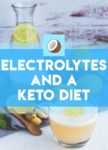


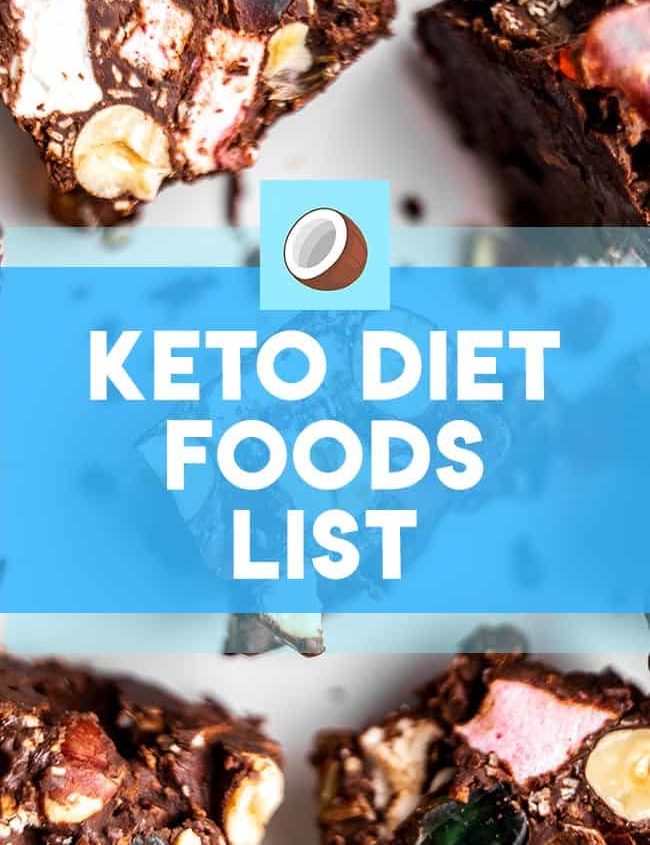
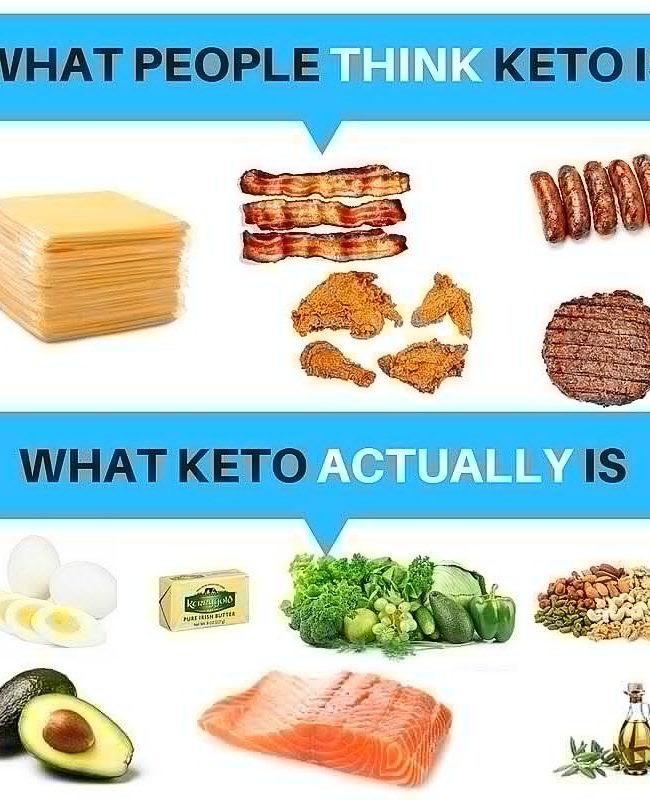






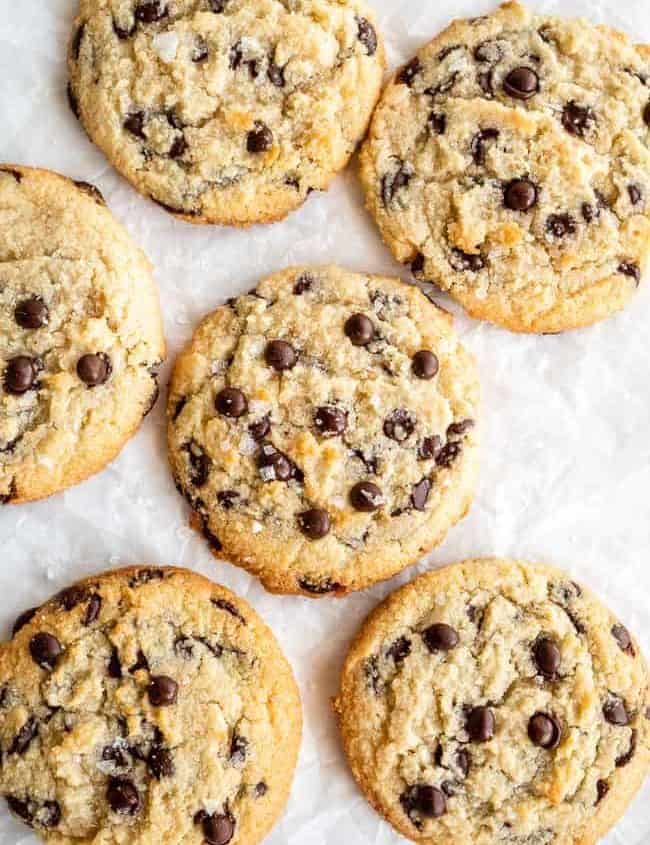

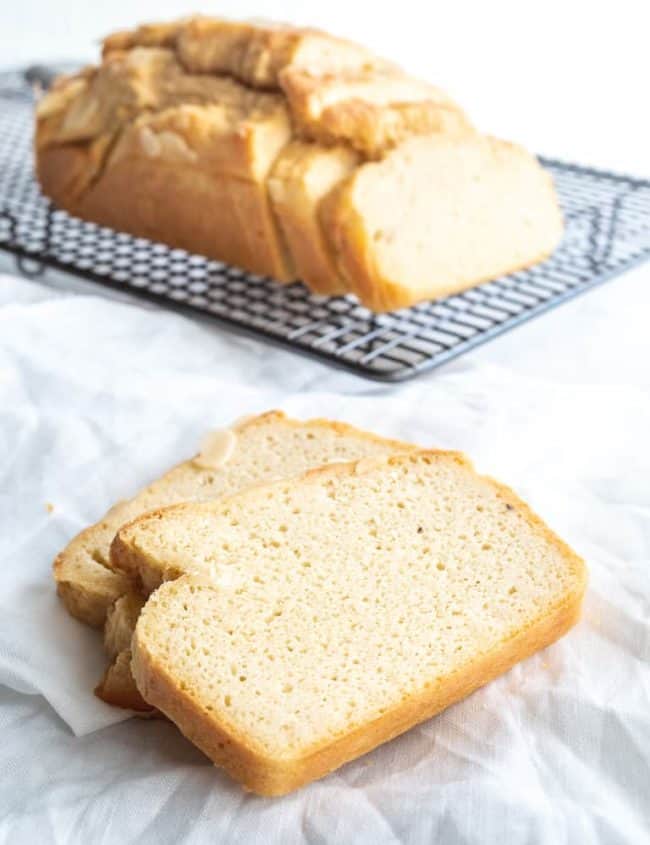
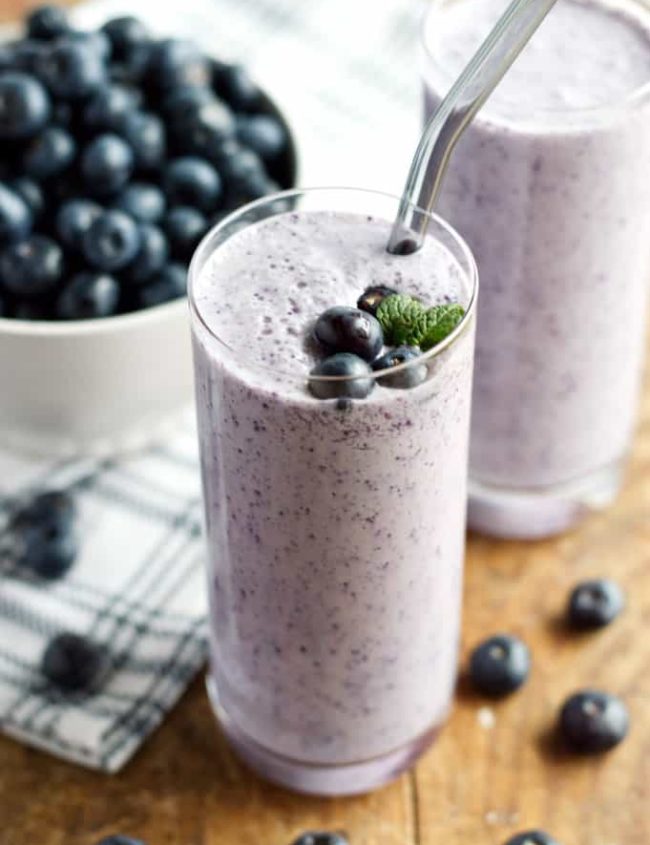
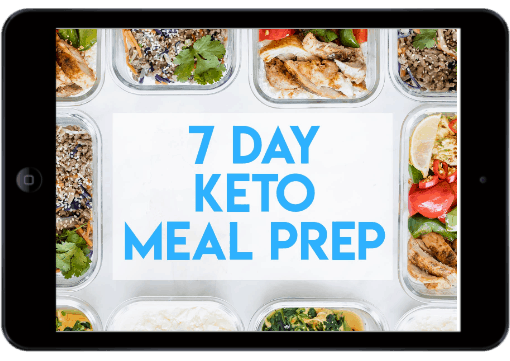
kerry says
This is a really good article. I knew it was here by following your blog. Today i did a search looking for an electrolyte receipe , but you didn’t appear in the search results. You may need to adjust your meta tags so you appear in searches.
just sayin
Julie Trezise says
hi Aaron, I have just started your program as I am forever being bloated after eating, even the tiniest little thing. M<y question is why can we have dairy but not full fat milk?? love the coffee, but if your adding butter and cream why not the milk instead?? very confusing
FatForWeightLoss says
Hi Julie,
I’m not 100% sure which program you’ve started, but bloating after eating is generally a sign of poor digestion, gut health issues or low stomach acid. This doesn’t necessarily have to do with dairy? – I’m guessing your question is two part then? Milk contains a lot of sugar, also known as lactose, which doesn’t fair well on a ketogenic diet. However, if you are tracking macros, you’ll know exactly how much sugar you CAN have, coming from multiple different sources. I hope this helps!
Julie Trezise says
Hi again, maybe I worded it wrong, but was meaning that i was forever bloated and uncomfortable BEFORE starting your program, Everything is fine now. Dont have any problems and down 1.5kg and hasnt even been a week. I LOVE this program. Thank you
mary sprouse says
can you drink diet gatorade on keto diet?
FatForWeightLoss says
Hi Mary – Gatorade is high carb. I believe they might have a “zero sugar” version maybe?
mary sprouse says
that is what I got Gatorade Zero, but wanted to make sure since i’m new to this diet…thank you for answering.
KevinMcGraw says
You mention the issue of excess potassium, but it seems to me the more practical problem is getting sufficient potassium. The RDA is 4,800 mg. I can get close to that on any specific day if I make it my priority, but on most days I am around 2,500 mg. Is this a problem?
FatForWeightLoss says
2,500mg is not a problem! You can also do this by adding cream of tatar (a common baking ingredient) which is a cheap form of potassium.
Trent Jeffries says
Hi Aaron,
Just curious on daily amounts of these minerals we should be consuming.
Thanks
Trent
FatForWeightLoss says
Good question Trent, I’ll update this post with those measures. Here are some quick answers for you in the mean time.
The RDA for magnesium is 310–420 mg for adults.
The RDA for potassium is 600 to 1000 mg (40 to 50 milliequivalents [mEq]) per day for adults is adequate
The RDA for magnesium is 2000mg for adults.
The National Health and Medical Research Council has set an ‘Adequate Intake’ of 20–40 mmol (460–920 mg) of sodium per day. This corresponds to 1.15–2.3 grams of salt.